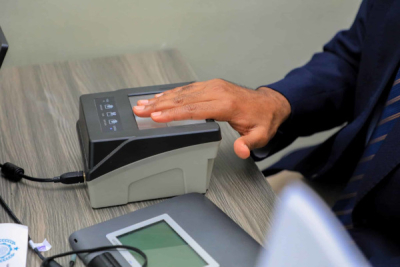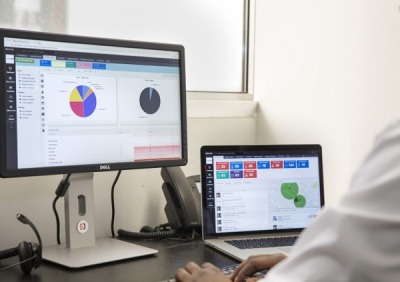Africa’s Urban Population Is Growing Rapidly, Straining Infrastructure and Services. Smart cities are emerging as an innovative solution to better manage energy, mobility, and the environment, while promoting inclusion.
Smart cities are emerging as a strategic solution to manage Africa's rapid urbanization, a demographic shift putting immense pressure on the continent's infrastructure and public services.
According to the United Nations, nearly 60% of Africa’s population will live in urban areas by 2050, up from about 43% today. This accelerated population growth is profoundly transforming urban landscapes and straining mobility, resource management, and public services. In response, a number of nations are embracing the smart city concept.

These projects integrate advanced technologies like the Internet of Things, artificial intelligence, data platforms, and Geographic Information Systems. The goal is to optimize public services, improve mobility, monitor the environment, and promote social inclusion. Ultimately, a smart city aims to combine technological innovation, sustainable development, and citizen participation to create a more efficient, attractive, and resilient living environment.
Concrete Projects Emerge Across the Continent
Several African nations are advancing with smart city initiatives. Kenya is developing Konza Technopolis, a hub that integrates businesses, universities, and innovation centers. In Senegal, the city of Diamniadio aims to decongest the capital of Dakar by creating a modern city with administrative, industrial, and residential zones. Morocco is focusing on the intelligent management of water networks, public lighting, and traffic in several cities. Meanwhile, an ambitious project in Tunisia plans for the continent's first smart automotive city, a hub that could generate up to 100,000 jobs by combining industrial production, technological innovation, and sustainable urban planning.
These initiatives are part of a global market poised for rapid growth. Fortune Business Insights estimates that the global smart cities market, valued at $623.9 billion in 2023, is projected to reach $4.65 trillion by 2032, with a compound annual growth rate of 25.2%. While North America currently leads the market with a 40.87% share, Africa has immense potential to catch up due to its favorable demographics and the significant room for improvement in its infrastructure.
Challenges and Outlook
Despite the potential, the implementation of smart cities in Africa faces significant hurdles. The high costs of design, construction, and maintenance are a major challenge, compounded by a scarcity of suitable financing. Regulatory frameworks, particularly for data protection and cybersecurity, are often insufficient. Furthermore, a shortage of skilled labor limits countries' ability to design and manage these complex systems. Social acceptance is also a key factor, as citizen engagement is essential for a project's success. Finally, Africa must ensure that these technologies do not widen the digital divide, benefiting only affluent neighborhoods at the expense of disadvantaged areas.
If these obstacles can be overcome, the benefits for the continent could be substantial. Smart cities could lead to accelerated infrastructure modernization, optimized urban management, reduced operational costs for local authorities, large-scale creation of skilled jobs, and a notable improvement in quality of life. These cities have the potential to become regional engines of competitiveness while contributing to the Sustainable Development Goals, providing Africa with a crucial lever for its urban and economic future.
Samira Njoya



















